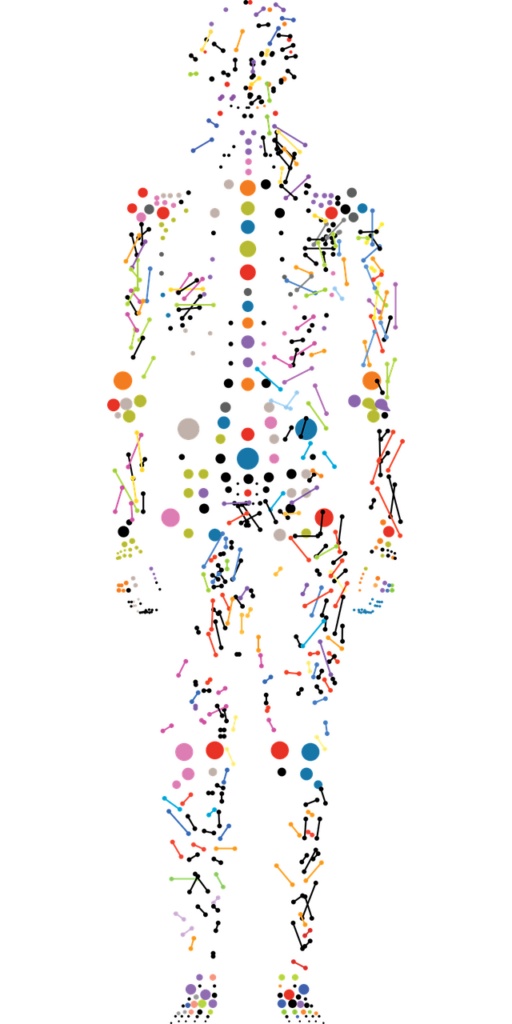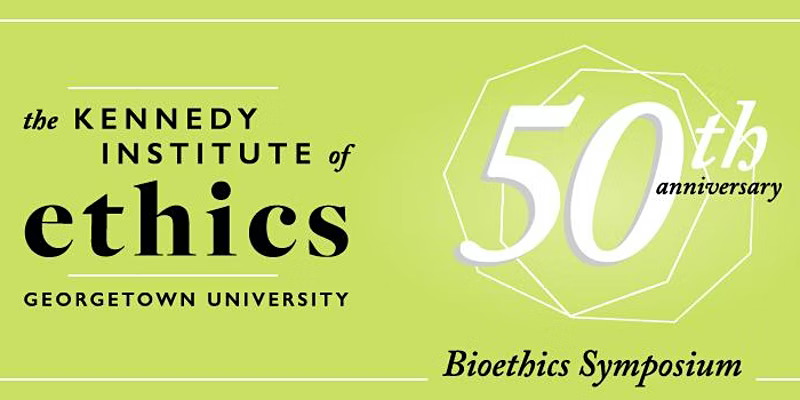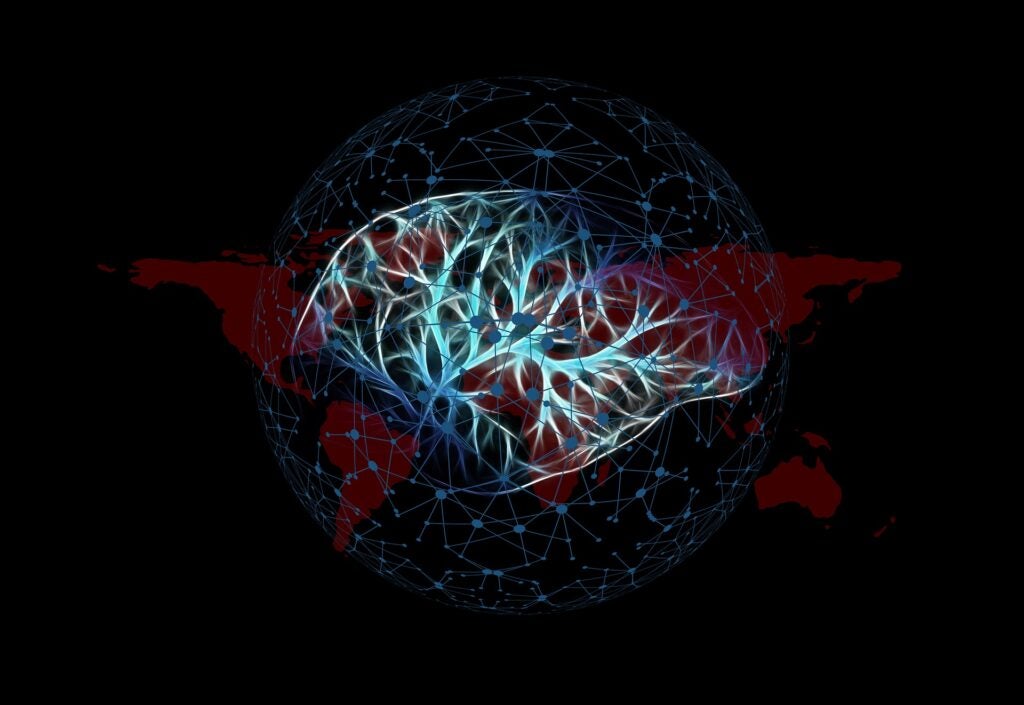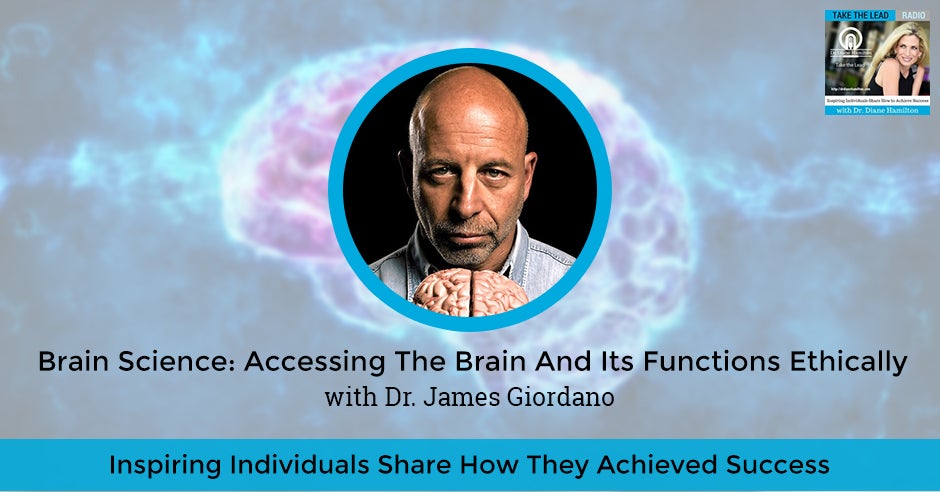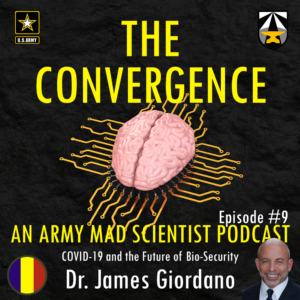Archive: James Giordano
25 Articles
- Scholarship
“Balancing Act: Precision Medicine and National Security”
James Giordano and Diane DiEuliis describe current scientific and technological developments in precision medicine. They assess the risks of using these tools and capabilities to…
December 30, 2021
- Past events
Maggie Little and James Giordano Spoke at Kennedy Institute of Ethics 50th Anniversary Symposium on Bioethics
Maggie Little and James Giordano spoke at the Kennedy Institute of Ethics 50th Anniversary Symposium on Bioethics, with the theme of “A New Era of Bioethics At Georgetown”.…
June 5, 2021
- Media
“Neurodata and Defence: Part II – Beyond NINA -The Need for Integrative Digital Biosecurity”, Defence IQ Piece Co-Authored by Dr. James Giordano
James Giordano, Joseph DeFranco, and Diane DiEuliis propose an integrative approach to digital biosecurity to address present and future challenges of the convergence of…
April 16, 2021
- Media
“Neurodata & Defence: Part I – Realities and Risks”, Defence IQ Piece Co-Authored by Dr. James Giordano
In this piece published on Defence IQ, James Giordano, Joseph DeFranco, and Diane DiEuliis address the challenges arising from the development of newer techniques and…
April 14, 2021
- Scholarship
“Professional Attitudes toward the Use of Neuromodulatory Technologies in Mexico: Insight for Neuroethical Considerations of Cultural Diversity”
James Giordano and his co-authors present their research on mental health clinicians’ and researchers’ perceptions and concerns regarding the use of neuromodulatory…
December 10, 2020
- Media
- Past events
Take the Lead Podcast: “Brain Science: Accessing The Brain And Its Functions Ethically”, Dr. James Giordano in Conversation with Dr. Diane Hamilton
Dr. James Giordano talks with Dr. Diane Hamilton about the neuroethical aspect of brain science, digging deep into the brain science of morality and ethics and the ethical,, …
December 9, 2020
- Scholarship
“The Emerging Neurobioeconomy: Implications for National Security”
James Giordano and his co-authors examine growth of the neuroscience and neurotechnology market in recent years. They discuss the distinct ethical and security issues posed by…
August 19, 2020
- Scholarship
“What We May Learn – And Need – From Pandemic Fiction”
James Giordano and Jane Doherty explore the reasons why people might be looking at science fiction stories since the global outbreak of COVID-19, and identify key takeaways of…
July 21, 2020
- Media
- Past events
The Convergence Podcast, Episode 9: “COVID-19 and the Future of Bio-Security” with James Giordano
James Giordano talks about COVID-19, the effect of this pandemic on the Nation, its impact on national security, and the potential implications on future bio.…
April 30, 2020
- Media
“Beyond 1918: Bringing Pandemic Response into the Present, and Future”, James Giordano, Diane DiEuliis, Peter Emanuel and Alexander Titus Write for the Institute for National Strategic Studies
Dr. James Giordano, Diane DiEuliis, Peter Emanuel and Alexander Titus study the 1918 pandemic, and re-contextualize the issues, problems and solutions of the past in light of the…
April 27, 2020

